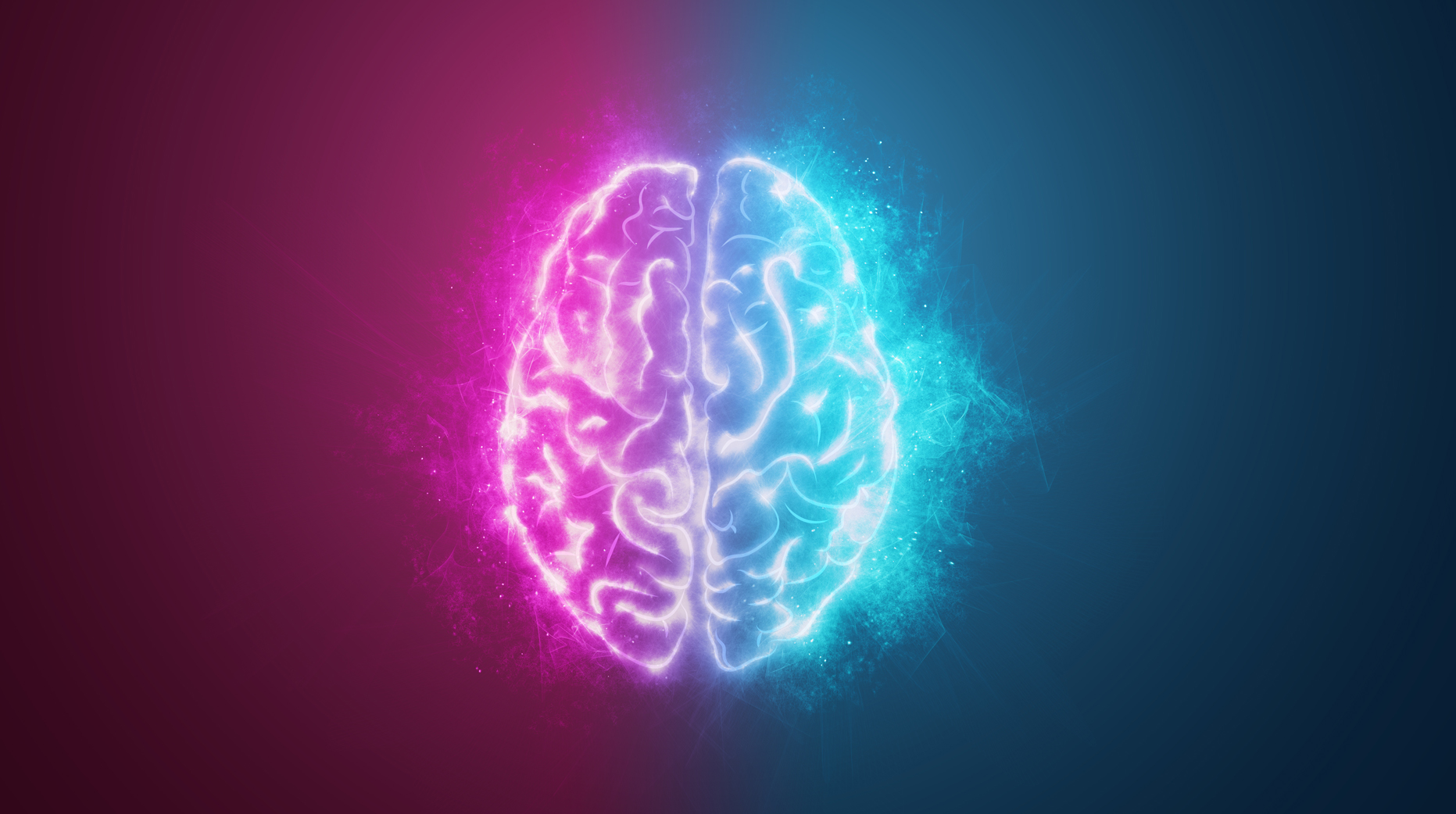
Technology has its pros and cons like everything else in life. In neuroscience research, however, the advances of imaging techniques such as positron emission tomography (PET) has made it possible to measure blood flow or energy consumption in the brain.
This method of measuring brain functions is based on the detection of radioactivity emitted when positrons (positively charged particles) undergo radioactive decay in the brain.
When people have a thought, there is blood flowing into certain areas of the brain. This activity can now be observed if a person is connected to one of these machines.
PET studies have allowed scientists to understand more about how drugs affect the brain and what happens during various behaviours such as learning, and in certain brain disorders such as stroke, depression, and Parkinson’s disease.
Another current technique is called SPECT (single photo emission computed tomography) but its pictures are not as detailed. And the big “star” is the MRI (Magnetic Resonance Imaging) apparatus which provides a high quality three dimensional image of organs and structures inside the body without being invasive like the X-rays. MRIs tell scientists when structural abnormalities appear during disease.
Technology not only helps us know our brains better but allows us to have access to information we never thought could possibly be available. I have just finished watching a series of video clips from Stanford University about human biology.
The most amazing thing is: it was free to download! Many people get excited about accessing content without paying. However, something that will never be substituted is the importance of human contact.
The mirror neuron system (which is a special group of neurons in the brain) allows us to capture the emotions and intention of people that interact with us face to face.
They develop when we are babies and they are important in helping us understand facial expressions in order to increase our understanding of what the other person may be feeling, in simple terms, what we call empathy, the cornerstone of human behaviour.
Empathy is essential if we want to trust each other. In recent studies carried out at the University of Michigan with American teenagers, empathy seems to have been in decline since 1980, with a significant drop in the past 10 years.
Nobody has provided a clear explanation as to why this has been happening but some attribute it to social isolation and interestingly - to the lack of reading (yes, this includes fiction books). Reading is known to be highly related to the ability to understand the emotion of others, one of the pillars of empathy.
My personal opinion is, that if we spend so much time using technology instead of interacting face to face with others, our mirror neuron system undoubtedly may stop getting activated; therefore empathy will start being impaired.
These Stories on Leadership & Culture

Founder & CEO
About my Brain Institute
Scientist, educator, author, speaker, coach, award-winning leadership specialist, filmmaker and creator of the i4 Neuroleader Model & Methodology.
Silvia's scientific background and curiosity about the human brain led her to a decade long journey of research into optimal brain functioning and the application of neuroscience in leadership and daily life. Her past and current roles have uniquely prepared her for the current undertaking, that of leadership activist & change agent.
Silvia Damiano founded The About my Brain Institute in 2009, with the purpose of democratising leadership & neuroscience. She has a passionately held belief, that leaders in our 21st century global economy and their organisations must radically change long-held ideas of what constitutes effective leadership
In her ground-breaking books ‘Leadership is Upside Down’, ‘Brain-Friendly Leadership’ and the 2018 documentary ‘Make Me A Leader’, Silvia provides both compelling evidence and explores the importance of leadership in our personal and professional lives and what it takes to develop the human behind the leader.
Silvia has worked in different countries, across many industries, helping teams and organisations improve business performance. Silvia’s clients have described her as a passionate, dynamic, a highly experienced speaker and master facilitator on the topics of Emotional Intelligence, Cultural Change, Neuroleadership & Engagement.
Silvia is passionate about leaving a legacy of well-rounded leaders who can act and decide in a way that better serves humanity. Her clients include Microsoft, Australian Stock Exchange, NSW Government, VISA, Fuji Xerox and Manpower amongst many other global companies.
Monday to Friday
9:00am - 5:00pm (AEST)
Sydney, Australia
We reply within 48 hours!
General Business Enquiries:
hello@aboutmybrain.com
Technical Support:
support@aboutmybrain.com
No Comments Yet
Let us know what you think